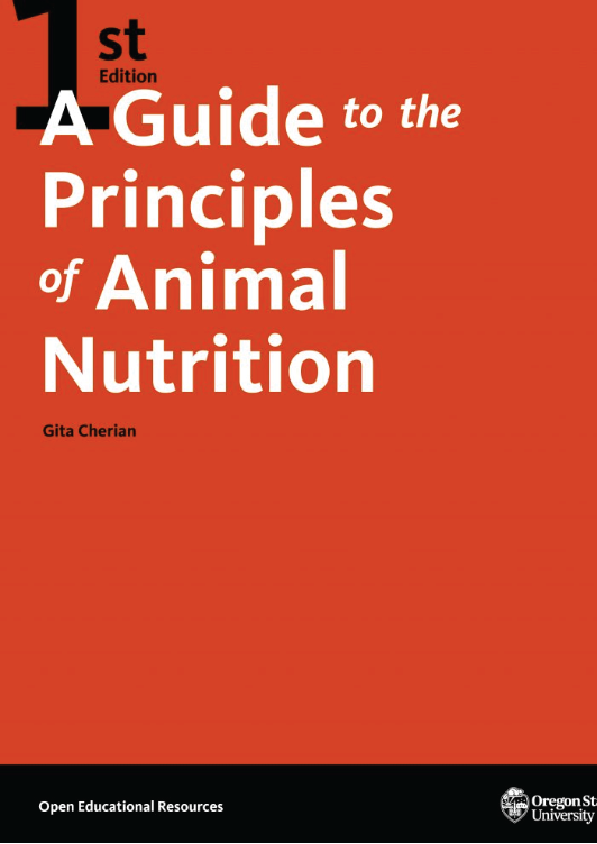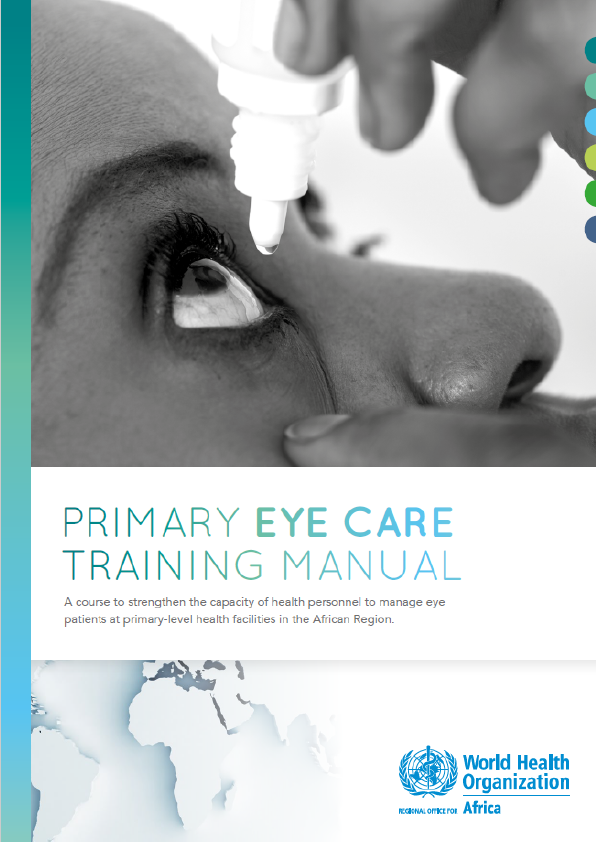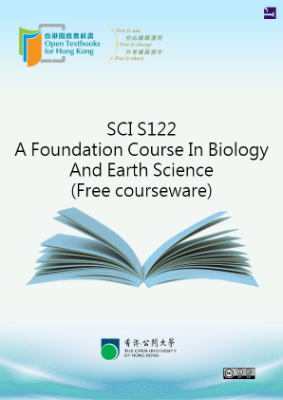The science of nutrition can be defined as the sum of different biochemical and physiological processes which transform food/feed components into body elements that are required for sustaining life, growth, health, and productivity. In farm animals such as livestock, pigs and poultry, nutrition is also important in maintaining food (e.g. meat, milk, eggs) product quality, minimizing the cost of production, and loss of undigested nutrients. Therefore, an understanding of basic nutrition concepts are essential for formulating rations and developing feeding practices for enhancing efficiency of food production while protecting the environment and maintaining the nutritional value of animal-derived foods.
This book entitled “A Guide to Principles of Animal Nutrition” consists of 20 chapters. As the name says, this book is a guide primarily meant to serve students taking animal nutrition courses at the university level and is not a full-scale animal nutrition text. Information digestive anatomy and processes provide the foundation to understand how animals utilize nutrients. The text begins with basic information on feed nutrient analysis, anatomical and physiological bases of digestion in food producing ruminant as well as non-ruminant animals. Description of chemical structure, digestion, absorption, assimilation, and metabolism of energy-producing nutrients followed by vitamins and minerals are emphasized in rest of the chapters. To integrate the basic knowledge of nutrition with practical animal feeding, the book closes with two chapters discussing some of the major feed additives used in animal diets and methods used in assessing feed nutrient utilization.
The most distinguishing characteristic and unique contribution of this book is that it will take advantage of advances in digital teaching technologies to address the current learning trends of a new generation of veterinary/agriculture science students and will enable wide distribution of the educational materials in animal nutritional sciences.
Why Is Nutrition Important in Livestock?
Nutrition is important for all organisms. However, in food-producing animals, it is especially important due to the nature of the production systems (e.g., confinement), the economics of production, or the products (e.g., meat, eggs, milk) generated.
Feed nutrients, such as nitrogen and phosphorus, are lost into the environment through manure, which if not managed properly, can lead to environmental pollution. The emission of methane and nitrous oxide from manure is also to some extent dependent on the nature of feed being fed to livestock. Use of good-quality feeds with high digestibility will minimize or reduce environmental pollution.
Feed represents the major expense for raising food animals. For example, feed amounts to more than 65% of the expense in swine or poultry production systems. As world population increases, there is an additional demand for food, land, and energy. As a result, feed production with limited resources will be a challenge in the context of sustainability.
Consumers’ perception of the effect of diet on health has increased markedly over the past two decades. This perception has an impact on consumer food choices, especially with regards to certain nutrients in animal products (e.g., saturated fats, cholesterol). Therefore, nutrition is important for producing health-promoting foods for human consumption.
Improper nutrition (under- or overfeeding) can affect animal health. Balanced nutrition can enhance immune health, welfare, productivity, and longevity. Overall, the nutrition of livestock is very important due to their dependence on humans, especially when food animals are raised in confinement. It is also important for economic reasons, to produce human food with limited resources, and to enhance animal productivity, health, and welfare.











